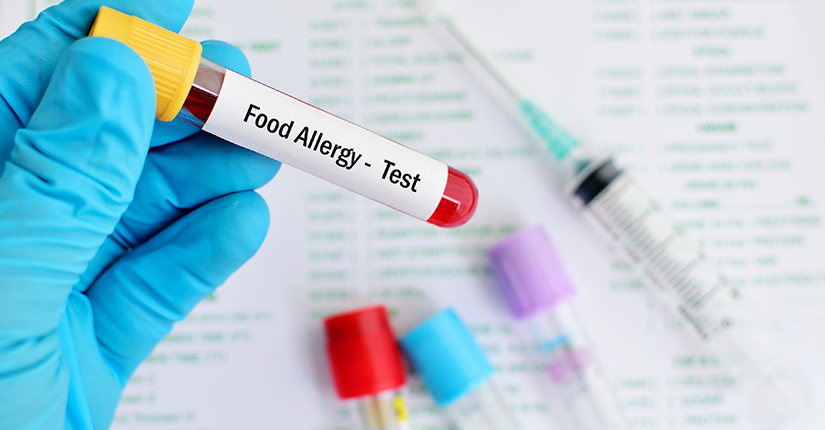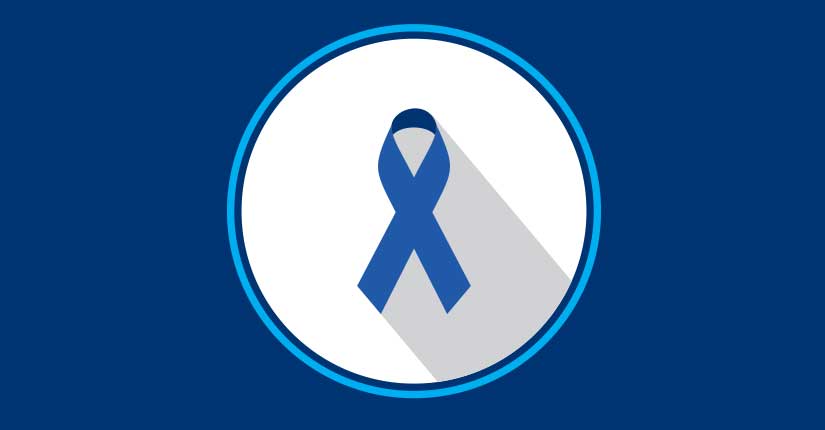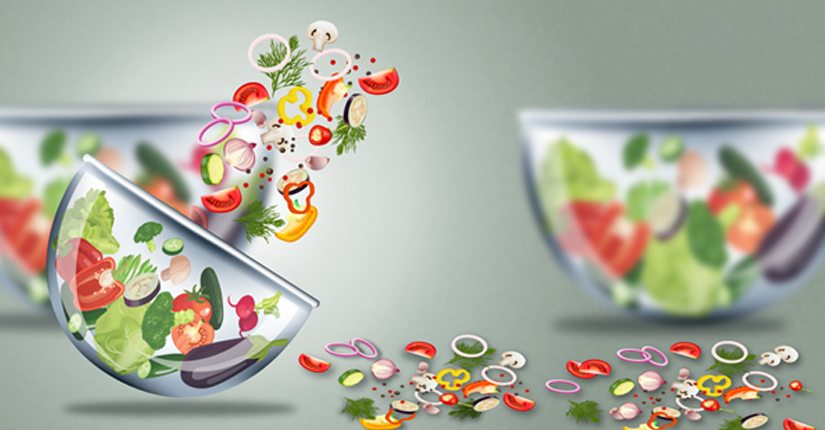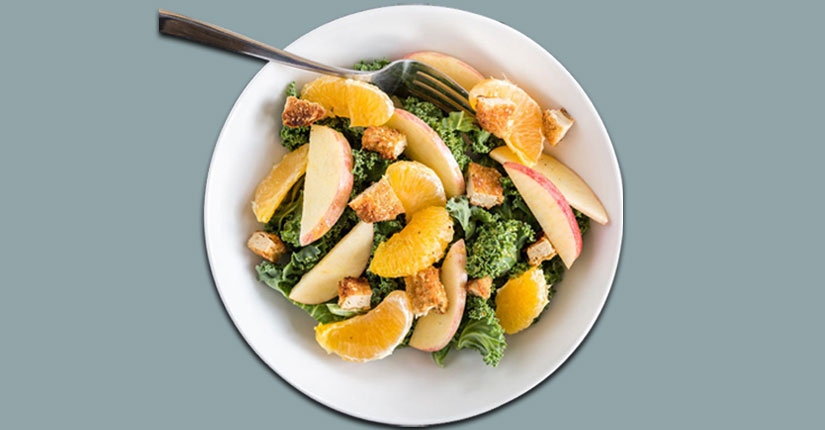What are the Clinical Complications of Food Allergy
By Nmami Agarwal 14-May 2020 Reading Time: 6 Mins

We are well-acquainted with our immune system. We understand its functioning, importance and why it is emphasized to build a strong immune system. When we talk about food allergy, we need to focus on the immune system as well. After all, it is the immune system that overreacts to a harmless food item which isn’t a threat but it is perceived as one by our immune system. Food allergies are ordinary and mostly harmless. The body gives away some allergic response in forms of rashes, hives, swelling, itching, cramps or vomiting. But an allergic reaction can turn into a severe condition putting our lives at risk. Today, we are here to discuss with you some clinical complications that can turn up due to food allergies.
These are as follows:
- Anaphylaxis: Some of the most common allergies include allergy to peanuts or milk. The immune system will trigger an allergic response indicating that a certain food item isn’t suited for the body. But in some cases, an allergic response can turn into a serious complication. Anaphylaxis is one such condition. It is a severe life-threatening allergic reaction that occurs minutes after your body is exposed to what you are allergic to. In anaphylaxis, the body suddenly goes into shock known as anaphylactic shock. The blood pressure drops and there isn’t enough oxygen available and thus the breathing is compromised. Symptoms include skin reactions such as hives, rashes or paleness, nausea, abdominal pain, difficulty in breathing, vomiting, and diarrhea. A shot of epinephrine is given to treat anaphylaxis. The patient should be rushed to the hospital to get a full check-up to rule out any other complication that could occur. To prevent this complication, avoid food items that are responsible for triggering the immune system. If a person who has already had anaphylaxis earlier, chances are that they might have the reaction again. The threat increases the second time when the reaction occurs.
- Atopic dermatitis: Also known as atopic eczema, this is a serious skin condition that makes the skin itchy and red. Food allergies play a role in eczema. Some symptoms of this skin reaction are dry skin, itching, cracked and scaly skin, rashes on the arms and behind the knees. People suffering from atopic eczema are at risk of developing hay fever and asthma. While this condition is genetic, it can be triggered by food allergies too. Eczema is seen mostly seen in small children and less in adults. When a substance (food item) triggers the immune system, the body overreacts and produces an inflammatory skin reaction. This reaction causes dryness, itching, and redness. To treat atopic dermatitis, you need to be well-aware of what triggers this skin reaction.
- Leaky gut: Food allergies contribute to various digestive problems. Even though the immune system is responsible for generating an allergic response, the whole body is involved in the process. When the immune system identifies a harmless substance as an enemy, it produces antibodies that increase inflammation around the gut wall. These antibodies secrete chemicals that harm healthy tissue. If your intestinal tract is permeable, undigested food particles can enter the bloodstream. These particles leak into the bloodstream and the immune system reacts to harmless food particles resulting in an allergic reaction. Some symptoms of leaky gut are gas, indigestion, muscle pain, constipation, headache or fatigue.
- Bloating: Bloating here doesn’t simply mean water retention but instead, it indicates excessive amounts of gas or liquid in the stomach. Bloating can cause discomfort and pain. It also hampers the proper functioning of the digestive system. Food allergy can cause bloating. When you eat something that your body is intolerant to, it can produce gas and result in bloating. Milk, egg, peanuts, wheat, and fish are some of the most common food allergies. Bloating is one of the complications that come as an allergic response.
Footnote
The best way to prevent food allergies and any further life-threatening complications is by avoiding food items that trigger any kind of allergic response. Make sure you are aware of your allergies. Read the label of products and do not buy a food product that contains something that your body is allergic to.





















